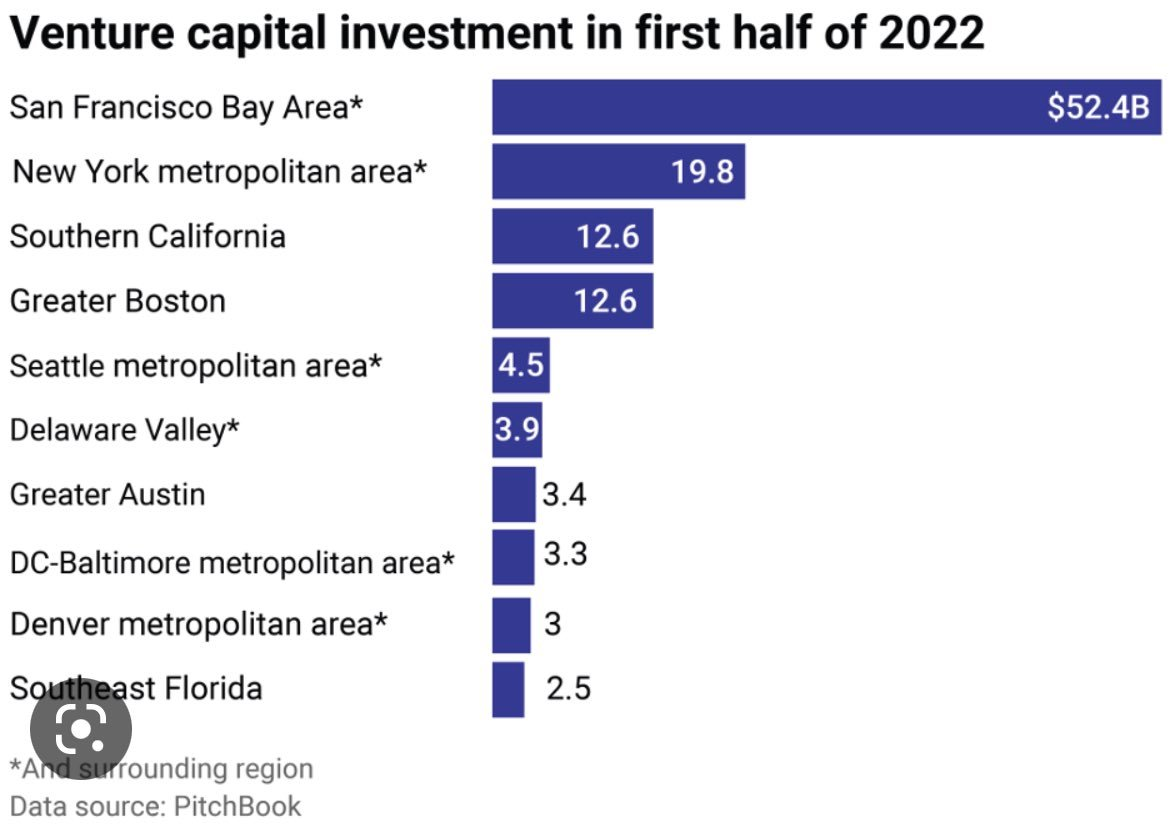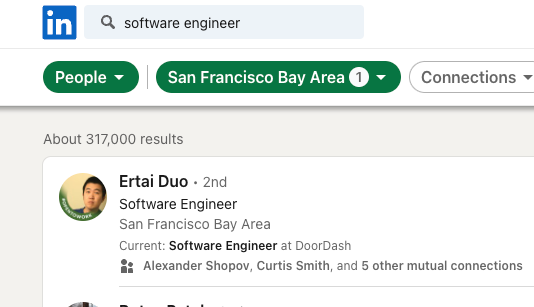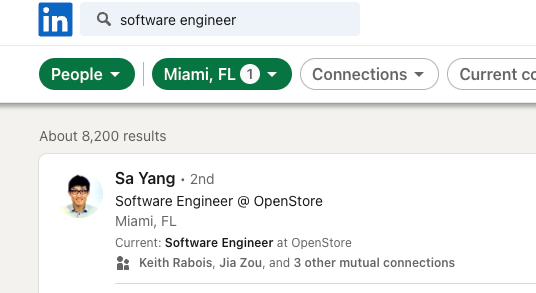Changing my mind on remote, moving the team back to San Francisco

This is a memo I sent to the Lindy team last month, with slight edits.
Thoughts on Remote
I’ve made a 180º on remote. I think everyone here can attest to the fact that we tried harder than anyone else. And I’m more bummed out about it than anyone.
Remote is more comfortable from a lifestyle standpoint. You save on commute, have your own office, can work from anywhere, and get more flexibility on your schedule (especially important for folks with families).
But it makes it harder for a startup to succeed or find product / market fit. That’s especially so if you’re building something very new, like we are doing.
That’s because remote raises coordination costs:
- It’s harder to get a hold of each other, as we’re not online at the same time. “I’ll talk about it when I see him tomorrow” — these delays compound in a huge way.
- So most interactions are async, leading to lower bandwidth, more context switching, and more things falling through the cracks.
- Even sync chats aren’t as good. People can’t interrupt each other or have sidebars, and there are bugs with video, audio, screenshare, etc… These frictions compound too.
- This causes us to be less aligned. We’re only a few engineers right now, and yet people feel out of the loop on who’s building what.
It’s hard to overstate the importance of this misalignment. We in tech are building pure thought-stuff — the things we build are like icebergs, 99% invisible. The quality of our work is a function of the alignment of our mental models about the stuff below that water line. And remote makes it harder to reach that alignment.
Colocation is more fun too. You get to have lunch with your team, grab beers on Friday nights, play video games at the end of the day in the office, etc…
This matters not only because fun is fun, and building community is super important, but also because it helps build trust, which improves our work. You second guess each other less when you trust your team, and know you can give feedback more directly.
As an intuition pump for this, ask yourself which of the following competitors you’d be most afraid of:
- The bunch of hackers coding on a couch in an apartment
- The team that’s fully colocated
- The team that’s hybrid
- The team that’s fully remote, split across timezones
Thoughts on San Francisco
Being colocated doubles our odds of success; being in SF doubles them again.
Networks are some of the most powerful forces in the world, with their value demonstrably scaling quadratically with their size. Network effects are the reason why Craigslist is still so successful (revenue per employee: $14mm), despite having a homepage from 1995.
These network effects aren’t just good for the company; they’re critical to your career too.
Your life is driven by network effects. They are the reason why you want to go to the top school, work in the best companies, and be in the center of your industry.
In Marc Andreessen’s words, in his must-read guide to career planning: (emphasis mine)
Once you have picked an industry, get right to the center of it as fast as you possibly can.
[…]
Never worry about being a small fish in a big pond. Being a big fish in a small pond sucks—you will hit the ceiling on what you can achieve quickly, and nobody will care. Optimize at all times for being in the most dynamic and exciting pond you can find. That is where the great opportunities can be found.
Also apply this rule when selecting which city to live in. Go to the city where all the action is happening.
For technology, at least in the US, this is Silicon Valley. For entertainment, this is Los Angeles. For politics, Washington DC. For coffee, Seattle. For financial services, New York.
[…]
In my opinion, living anywhere other than the center of your industry is a mistake. A lot of people—those who don’t live in that place—don’t want to hear it. But it’s true. Geographic locality is still—even in the age of the Internet—critically important if you want to maximize your access to the best companies, the best people, and the best opportunities. You can always cite exceptions, but that’s what they are: exceptions.
No one cares who the top filmmaker in Chicago is—hell, people often don’t even care who the top filmmaker in New York is, and quite a lot of films get made out of New York. On the other hand, the top 50 filmmakers in Los Angeles are all very important people in their industry.
If you need data, this is where VC dollars went in 2022:

Even ecosystem #2 is less than half the size of SF. Austin or Miami are about 95% smaller.
A quick look for software engineers finds that SF has about 40 times more than Miami: (and my hunch is that they’re better ones too)


In my experience, this discrepancy is even more pronounced in AI. The best builders, companies, investors — everyone’s here. You find yourself immersed in the most cutting edge ideas when you’re here, through random events or dinners.
It’s not just about the money, or the success. It’s also about being at the center of the biggest technological revolution of our lifetimes. History books will be written about this place, this time. It is unclear why one would decide to be anywhere else.
FAQ
Q: But aren’t there a ton of homeless people / crime / drugs in SF?
A: SF is pretty bimodal. Its bad neighborhoods are really bad, the rest is just like any normal city.
So the “average” isn’t meaningful — it’s very understated if you’re in the wrong parts of town, and very overstated if you’re anywhere else.
The solution is to just avoid the bad parts! That's SOMA and the Tenderloin, mostly. Outside of them, SF is a great city. Tons of parks and natural beauty, sunny year round, amazing food, and super walkable.
Watch any video of a long walk in SF on YouTube if you want a feel for “normal SF.”
Q: What about the taxes?
The top marginal tax rate in California is 13%. So as long as you make 26% more by being here, SF pays for itself.
In my experience, folks make a lot more than 26% more by moving here. You should expect 100-300% more, over the course of your career.
This is a great instance of what French economist Frédéric Bastiat called “The Seen and the Unseen.” It’s natural to focus on the extra taxes you pay, and to ignore the indistinct earnings you may earn by being here.
But the extra earnings are real! And one succeeds in life by focusing on upside over downside — the least amount of taxes you can pay is 0%, but there’s no ceiling to how much more you will make by being in SF.
Related reading
Interestingly, I already published an essay called "Go West, Young Man" in 2018. I guess this is a confirmation that the basic argument still applies today.
If anything, AI might be making the SF network effect even stronger. I've been in this city for more than a decade now, and have never felt it buzzing with so much energy.
Flo Crivello Newsletter
Join the newsletter to receive the latest updates in your inbox.
